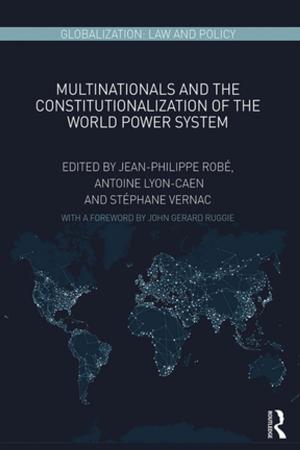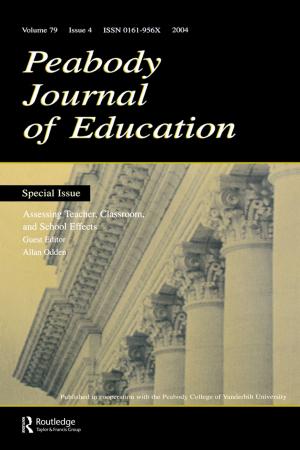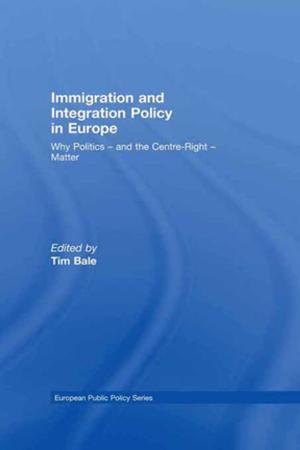| Author: | Kristian Gerner, Stefan Hedlund | ISBN: | 9781351059138 |
| Publisher: | Taylor and Francis | Publication: | May 1, 2018 |
| Imprint: | Routledge | Language: | English |
| Author: | Kristian Gerner, Stefan Hedlund |
| ISBN: | 9781351059138 |
| Publisher: | Taylor and Francis |
| Publication: | May 1, 2018 |
| Imprint: | Routledge |
| Language: | English |
First published in 1993. How is it possible for the three tiny Baltic republics to gain their freedom from the Soviet Union, without a single shot being fired or a single stone thrown at the oppressor?
The topic of this book is the implosion of the Soviet empire. It tells the parallel stories of how the three Baltic republics of Estonia, Latvia and Lithuania struggled successfully to gain their freedom, and how the policies pursued by Mikhail Gorbachev served to mobilize and politicize Baltic demands. Particular emphasis is placed on unintended consequences that resulted from repeated interventions by Moscow. The authors develop a loose theoretic framework for the examination of this critical struggle.
The study starts by developing the analytical tools and then proceeds to outline, as background, the most salient features of Gorbachev's reform programme and of the history of the Baltic States. The core of the analysis is then presented in three chapters, devoted to three consecutive stages in the game. The first shows how strategies on both sides were initially formulated in consensus. In the second it is shown how consensus transformed into pure conflict, and in the third all actors are seeking to escape general collapse. The main conclusion points at the absence of ‘politics’ in the Soviet System as a main cause of its self-destruction.
First published in 1993. How is it possible for the three tiny Baltic republics to gain their freedom from the Soviet Union, without a single shot being fired or a single stone thrown at the oppressor?
The topic of this book is the implosion of the Soviet empire. It tells the parallel stories of how the three Baltic republics of Estonia, Latvia and Lithuania struggled successfully to gain their freedom, and how the policies pursued by Mikhail Gorbachev served to mobilize and politicize Baltic demands. Particular emphasis is placed on unintended consequences that resulted from repeated interventions by Moscow. The authors develop a loose theoretic framework for the examination of this critical struggle.
The study starts by developing the analytical tools and then proceeds to outline, as background, the most salient features of Gorbachev's reform programme and of the history of the Baltic States. The core of the analysis is then presented in three chapters, devoted to three consecutive stages in the game. The first shows how strategies on both sides were initially formulated in consensus. In the second it is shown how consensus transformed into pure conflict, and in the third all actors are seeking to escape general collapse. The main conclusion points at the absence of ‘politics’ in the Soviet System as a main cause of its self-destruction.















